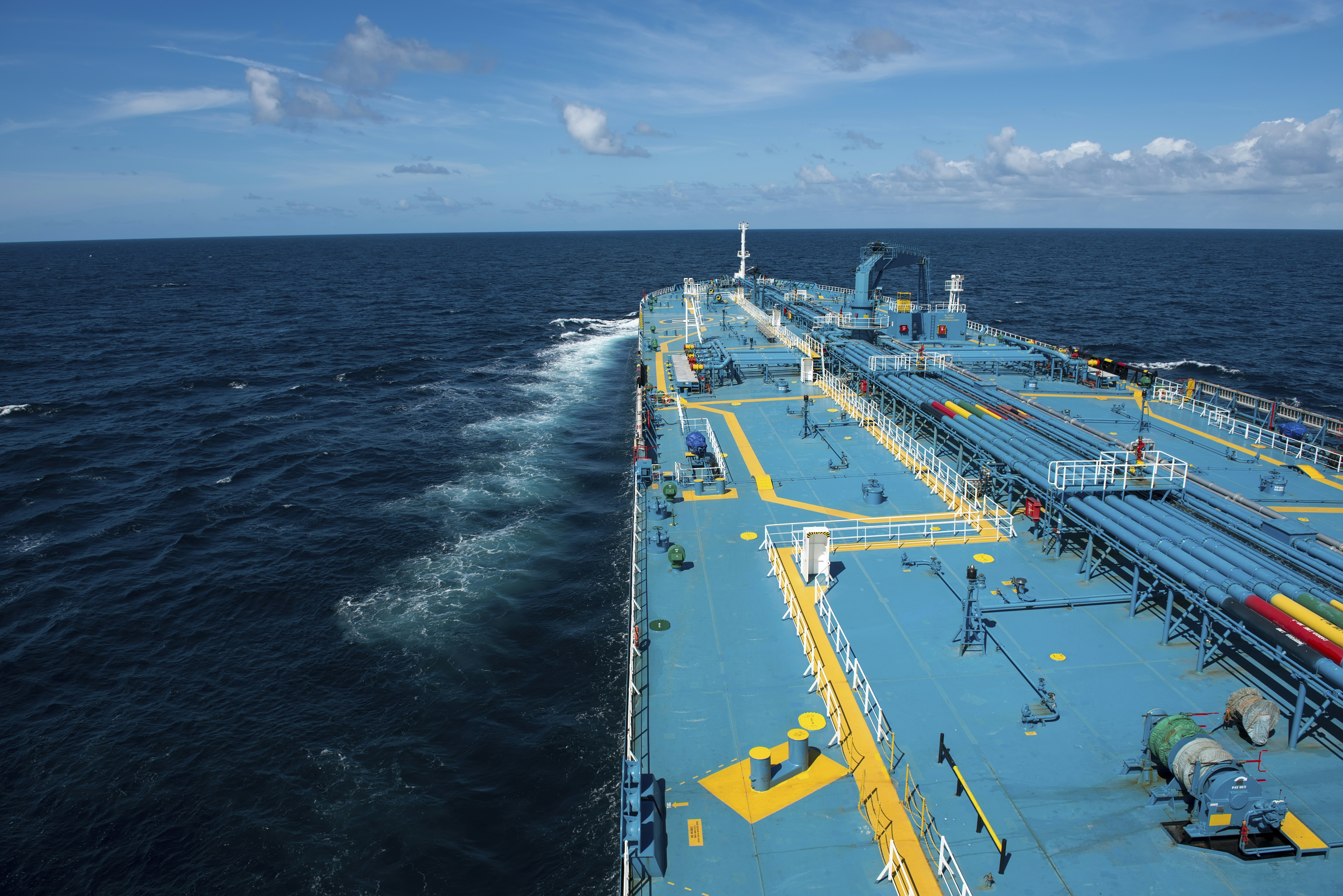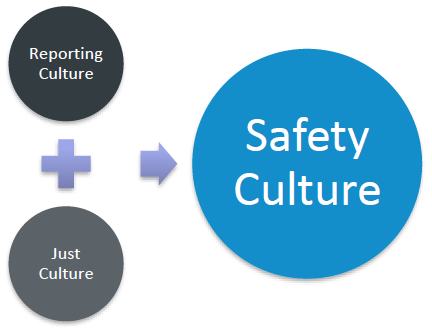Shipping Leadership: The New Challenges

Shipping companies and ship management companies provide a highly skilled service to the shipping industry with the technical expertise of these organisations being well recognised. It is they, rather than the regulators, that allow the IMO to reach their goals of Safety of Life, Efficiency of Shipping and the Protection of the Marine Environment.
Following the 2008 financial crash, there was fear in the industry that effective ship managers would suffer by being undercut. In fact, the companies that survived were not the cut-throat types, but, the more reliable ones. As all rates became similar, managers preferred to deal with other managers with good ethics and customer empathy.
Ship managers, whether technical or operational, are now facing a new set of challenges when drawn from the ship to the office environment as they are now working in a client facing environment for which they have little or no experience.
Is there a problem?
For the first time, ship management companies are forming Learning & Development functions within their HR teams and whilst learning & development is transferable across organisations, few can match the expectations of the shipping environment.
Advice given in US style management training for example has little relevance in the 24 hour maritime world with managers not taking kindly to ill-informed advice and an overriding tendency to resist non-maritime influences.
Fleet managers, for example, spend their formative years in a hierarchical working environment on board a ship. Often working alone, their analytical skills are prized but they have few opportunities to develop interpersonal skills.
When moving to a shore based role; the social norms of their role differs from their seagoing experience with both client relationships to manage along with office staff, providing altogether a new experience.
HR and senior management in shipping companies have commented that their Marine Superintendents are highly skilled and very keen. However, they are often dismayed by the inability of some individuals to listen to others or accept new ideas. As one such manager stated:
"I have a room full of people who can make immediate decisions but they see any alternative view as a challenge to them personally."
Poor socialisation can often lead to frustration and resentment in the workplace as overseeing an engine room or cargo ship is the antithesis of a client focused environment.
It is this in particular which has to be developed so a manager may service the needs of the shipowner or charterer and if not, this may cause confusion, frustration, resentment or the feeling of not being valued at all and overall a less effective manager.
What is expected from managers?
The industry expects transparency from their managers and requires them to take personal responsibility for their actions and to flag up problems within their area of responsibility at an early stage, so, the fear of losing face or of being blamed for an error is a serious impediment to operational efficiency.
Managers need to hold people accountable for their actions but avoid blaming individuals for errors reasonably made within their skill set and commensurate with their role. This is called a Just Culture.
When a Reporting Culture is combined with a Just Culture, we have a Safety Culture and provides the basis for all valuable analysis.
A learning organisation uses a Safety Culture as the basis for operations and this reduces accidents, claims, misunderstanding and increases organisational efficiency. The organisation will also understand that the soft skills of communication need to be developed when the manager is talking to ship-owners, charterers and office staff. In both cases, there is a need for diplomacy, empathy and consistency.
For example, if a client contacts a manager, an immediate response is required even if this is only a holding answer. A response time must be given and kept. The evidence seen by the client must be consistent with any briefing without spin or prevarication.
Developing the manager
Having taught scores of groups of mariners and managers, whilst a personal sense of importance is the strongest underlying motivator, the individual's need to be respected is a requirement of an individual's self-worth. Maslow's hierarchy of needs, for example, is well known to trained managers and outlines how each individual need is built upon the foundations of a more fundamental need.
Also, before we lay all the responsibility on the managers, we must first support them with adequate development. For example, they must understand the different types of characters that must be managed. Character types are essentially grouped into three types: X, Y, Z.
The Z type manager, for example, takes personal responsibility for the actions of the organisation and presents a positive attitude in ensuring customer satisfaction. The Z type is lauded and trusted by stakeholders for blame is never an issue. The focus for them is always on speedy resolution of problems and customer satisfaction.
Staff will also approach such a manager knowing that guidance will be given in an atmosphere of mutual respect and with their individual good in mind. This manager cares about the health and happiness of staff and is an organisational leader. Staff trust and feel loyalty to that manager and clients also feel loyalty to the organisation that has such managers.
The feeling is that whilst they may not always bring good news, a Z type manager will always be honest and give the full truth of a situation having prepared several options with client interests at the centre of his actions.
The solution
Development for such managers needs to be down to earth, effective, usable and have practical maritime examples or case studies as illustrations. It should also be a mixture of theoretical, practical, and physical exercises as individuals may prefer a visual auditory or kinaesthetic learning style and this must be considered.
Talk to 150+ maritime professionals about leadership and crew management at CrewConnect Europe in May!

Tony Browne has been involved in the maritime industry for many years as a trainer and consultant in curriculum development. He has built an outstanding reputation as a Maritime Education Trainer and has been involved in DPA/CSO training for Swires/China Nav, Pacific Nuclear transport and SAGA cruises and ISPS management training for MCA and MAIB. He currently delivers Leadership & Superintendency training and is Course Director for Lloyd’s Maritime Academy’s Diploma in Maritime Management & Leadership.
Tony also sits on the Scottish Qualifications Authority’s panel of external verifiers for maritime training establishments for new course approvals visiting maritime training providers in the UK and overseas. He also writes & marks assessments on behalf of IAMI (International Association of Maritime Institutions).
